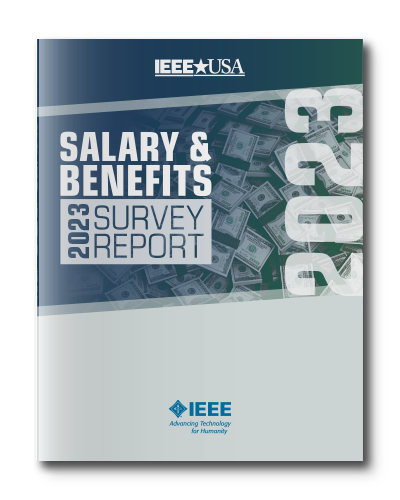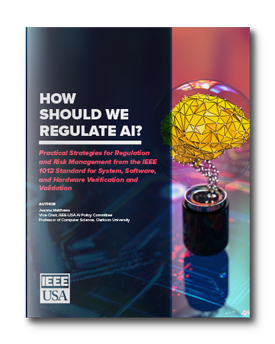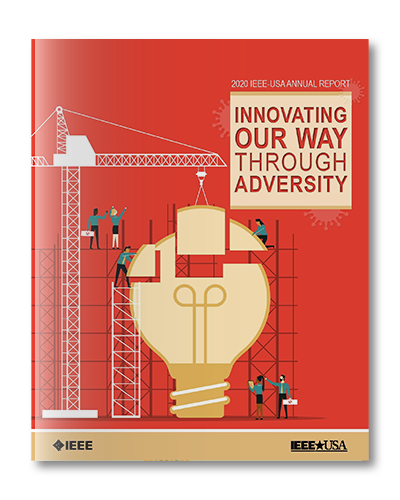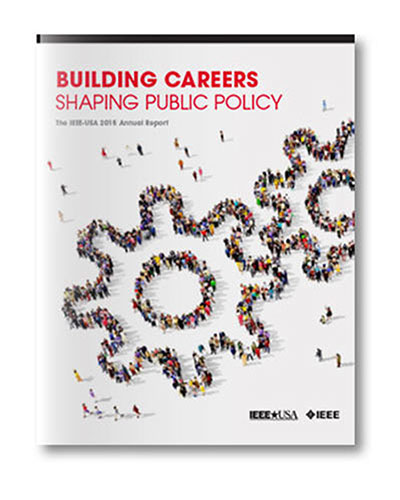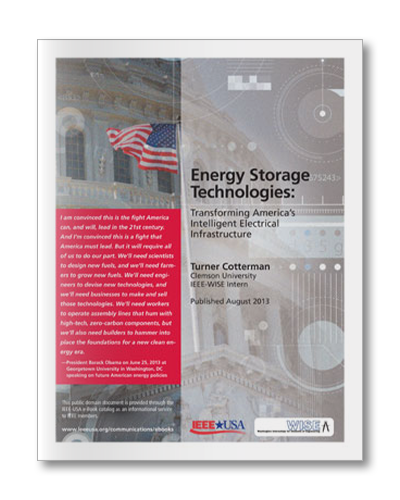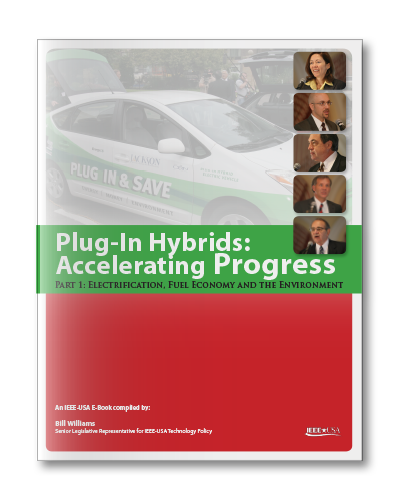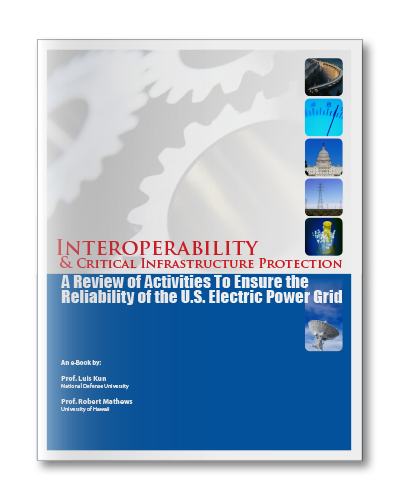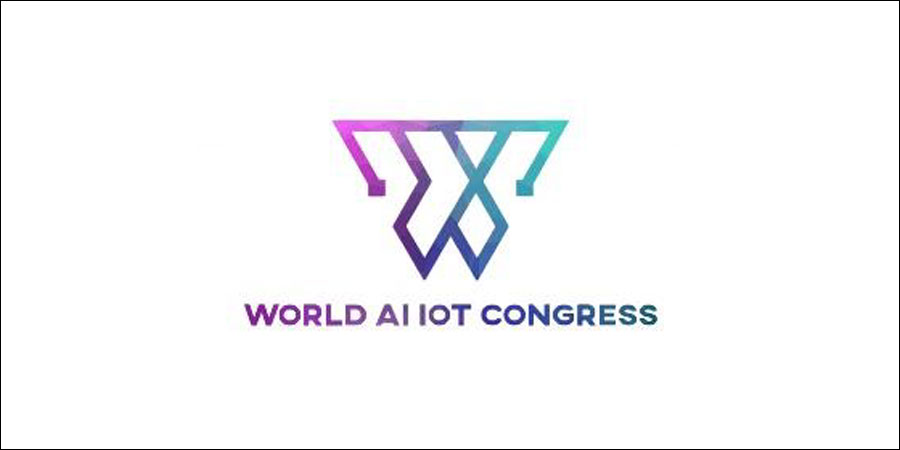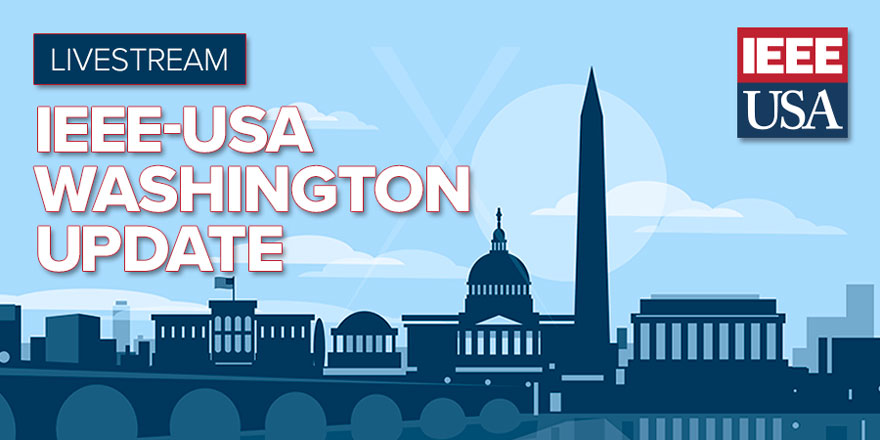-
Practical Strategies for Regulation and Risk Management from the IEEE1012 Standard for System, Software, and Hardware Verification and Validation. Size: 22 pages (4.9 MB) Published: August 2023
-
This new publication from the IEEE Global Initiative's Law Committee and the IEEE-USA AI Policy Committee discusses three components of trustworthiness, with a particular focus on evidence required for establishing the trustworthiness of a system. Also included is information on the IEEE resources (e.g. IEEE standards) available for addressing these three tiers. Size: 24 pages (988 KB) Published: September 2022
-
The 2020 IEEE-USA Annual Report highlights IEEE-USA’s products, programs, services and activities during the year 2020, under the volunteer leadership of 2020 IEEE-USA President James Conrad. Member: FREE Non-Member: FREE
-
The 2019 IEEE-USA Annual Report highlights IEEE-USA’s products, programs, services and activities during the year 2019, under the volunteer leadership of 2019 IEEE-USA President Tom Coughlin. Member: FREE Non-Member: FREE
-
The 2018 IEEE-USA Annual Report highlights IEEE-USA’s products, programs, services and activities during the year 2018, under the volunteer leadership of 2018 IEEE-USA President Sandra "Candy" Robinson. Member: FREE Non-Member: FREE
-
Artificial Intelligence (AI) potentially affects all aspects of society in both positive and negative ways. Future regulations and laws regarding the implementation of AI technologies will significantly impact how AI benefits or harms our society, and public policies will play a role in encouraging innovation while mitigating the possible negative effects. This survey provides insight into how other countries approach AI and regulation of related technologies by providing an overview of the national AI strategies of 26 countries. It includes references to the extant laws that address privacy and security. This survey was prepared by Raine Sagramsingh for IEEE-USA at the request of the IEEE-USA Artificial Intelligence and Autonomous Systems Policy Committee (Chair, Mina Hanna).Size: 80 pages (13 MB)Latest Version: V.2019.1Published: 11 October 2019
-
The 2018 IEEE-USA Annual Report highlights IEEE-USA’s products, programs, services and activities during the year 2018, under the volunteer leadership of 2018 IEEE-USA President Sandra "Candy" Robinson. Member: FREE Non-Member: FREE
-
The 2018 IEEE-USA Annual Report highlights IEEE-USA’s products, programs, services and activities during the year 2018, under the volunteer leadership of 2018 IEEE-USA President Sandra "Candy" Robinson. Member: FREE Non-Member: FREE
-
The 2015 IEEE-USA Annual Report highlights IEEE-USA’s products, programs, services and activities during the year 2015, under the volunteer leadership of 2015 IEEE-USA President James A. Jefferies. Member: FREE Non-Member: $4.99
-
Member: $0.99 Non-Member: $4.99U.S. supplies of nonrenewable energy resources (e.g. coal, oil, and natural gas) are quickly decreasing, and a resulting climate change due to carbon emissions is affecting the world's natural conditions. Shifting our dependence to renewable energy systems, reinventing our lifestyles and technologies to be more efficient, and improving and strengthening our energy infrastructure are all essential steps to avoid a globally-scaled energy crisis. In this e-book, author Tuner Cotterman provides a review of the gains afforded by the various storage technologies currently available, and recommends a strategy for effective growth in terms of energy infrastructure development and implementation of storage systems through public and private partnerships. Federal and state governments can play a pivotal role in applying legislative frameworks, streamlining regulatory requirements, and incentivizing continued investment. Private industry must invest in storage technologies and the grid infrastructure to remain competitive in a global marketplace. Additionally, through increased public awareness, American consumers will see benefits in terms of energy security, energy conservation, and clean energy developments.
-
The IEEE-USA-sponsored symposium, Plug-in Hybrids: Accelerating Progress 2007, investigated the technology and policy challenges of commercializing plug-in hybrid electric vehicles. The first of a three-part series of transcripts from the symposium, looks at Electrification, Fuel Economy & the Environment; Plug-in Vehicles & the Electric Grid; New Technology Challenges & Opportunities; and The Need for Federal Action Now. Keynote speakers included Senator Maria Cantwell of Washington state, FERC Commissioner Jon Wellinghoff, and former CIA director and founding member of the Set America Free Coalition, R. James Woolsey. Developed by Bill Williams, Senior Legislative Representative for IEEE-USA Technology Policy. Member: FREE Non-Member: $5.99
-
Following the June 2006 IEEE-sponsored Special Session on Integration and Interoperability of National Security Information Systems, in Cambridge, MA, a number of discussions have been had regarding interoperability and its role in protecting, strengthening and enhancing U.S. critical infrastructures. A decision was made to author a series of monographs that will attempt to address the effects of deep-rooted un-interoperability on particular infrastructures. In Interoperability & Critical Infrastructure Protection: A Review of Activities to Ensure the Reliability of the U.S. Electric Power Grid, authors Luis Kun of the National Defense University and Robert Mathews of the University of Hawaii examine and present the impacts of lack of interoperability on the reliability of the U.S. electric power grid. Member: FREE Non-Member: $5.99


